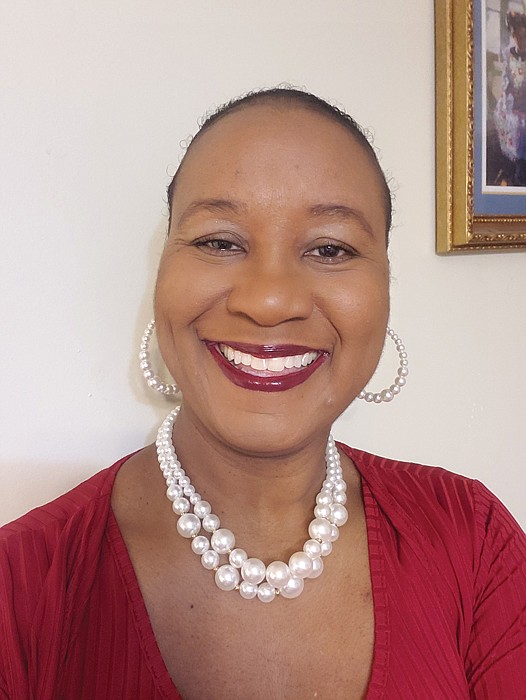Community colleges are the gems of America’s higher education system, by Dr. Linnie S. Carter
4/20/2023, 6 p.m.
I have been blessed to serve four community colleges – two in Virginia, one in North Carolina and now one in Pennsylvania.
I had similar experiences at all four community colleges. Their tuition rates were affordable. Also, they offered generous scholarships. Their employees were student-focused and empathetic.
Finally, their course instruction and student services were top notch.
Community colleges are very different from four-year colleges and universities. Community colleges focus on instruction. Many four-year colleges and universities focus on research. In addition, community colleges have our share of red tape – but typically less than four-year colleges and universities. The average age of community college students is typically higher than the average age of undergraduate students at four-year colleges and universities. A larger percentage of students of color attend community colleges compared to four-year colleges and universities.
Community colleges are not perfect, and we do not profess to be. Some of them have red tape. Yes, most of them are underfunded and understaffed. Yes, for some of them, it can be hard for students to navigate the organizational structure. These factors are problematic for some community colleges AND some four-year schools.A recent unbalanced article that received quite a bit of attention would have you thinking these challenges are unique to community colleges. They are not.
On average, our retention and graduation rates are typically lower than four-year schools’ retention and graduation rates. Why? Because for many community college students, graduation is not their goal. Learning new skills and earning more money are. We must stop assessing today’s academic success using antiquated measurements.
Some people think community colleges are not “good enough” and are facing a “reckoning.” They are wrong. Many of our students graduate from community colleges and then transfer to the best universities in the nation. Typically, they perform better academically at those universities than those who go straight from high schools to four-year institutions. Alumni at my community college have graduated from Cornell, Harvard, Penn and Yale.
One of our most beloved alumni attended my community college as a single mother of five children. She graduated with a nursing degree from the community college. She went on to earn a bachelor’s degree and then was admitted to Yale Medical School. She is now a medical doctor. Did she encounter some red tape at the community college. Yes. Did she occasionally have a bad experience with advising? Yes. Did she get bounced around from office to office a few times before getting her questions answered? Yes.
Today’s students at my community college would give similar responses. They would ALSO say that attending a community college was one of the best decisions they ever made:
• They are receiving an excellent education.
• They may have several job offers before they graduate.
•They will be able to transfer most, if not all, of their community college credits if they want to attend a four-year school after graduation.
I continue to be amazed by community colleges. They are more than enough. They are life changing.
Linnie S. Carter, Ph.D., APR is the vice president of college advancement at HACC, Central Pennsylvania’s Community College, and executive director of the HACC Foundation. She was a longtime resident of Richmond and is a two-time graduate of Virginia Commonwealth University.







